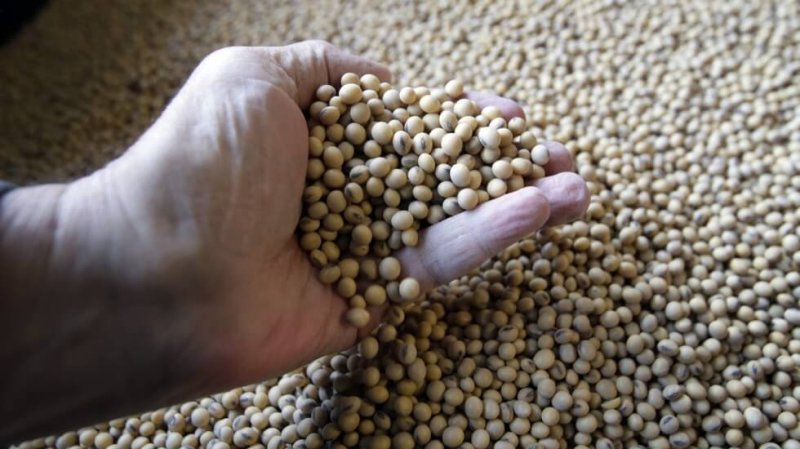It is often said that a soybean’s maximum yield potential is when it is still in the bag …. [E]verything a farmer does is to help the plant maintain that yield potential. When Professor Feng Qu joined the faculty at the Ohio Agricultural Research and Development Center over 11 years ago, his primary focus was plant pathology. Since that time, he has observed all the factors impacting soybean production.
“ …. Weeds are the one thing farmers have to deal with on every acre every year. My hope is that with intense research, there will be something we can do about it.”
…
Professor Qu and his team are investigating soybean genetics and utilizing CRISPR Cas9 technology. Their goal is to genetically engineer soybeans to develop resistance to specific herbicides …. [T]he CRISPR Cas9 technology can be utilized to edit the DNA sequence at a precise location, changing the underlying gene into a herbicide tolerance gene.
…
While proven safe to consume …. Genetically Modified Organisms (GMOs) have been rejected by consumers in many countries. There are activist organizations …. campaigning against GMOs in the domestic food supply. Soybean varieties modified with CRISPR Cas9 are not the same as GMOs, and are currently not regulated as such.































